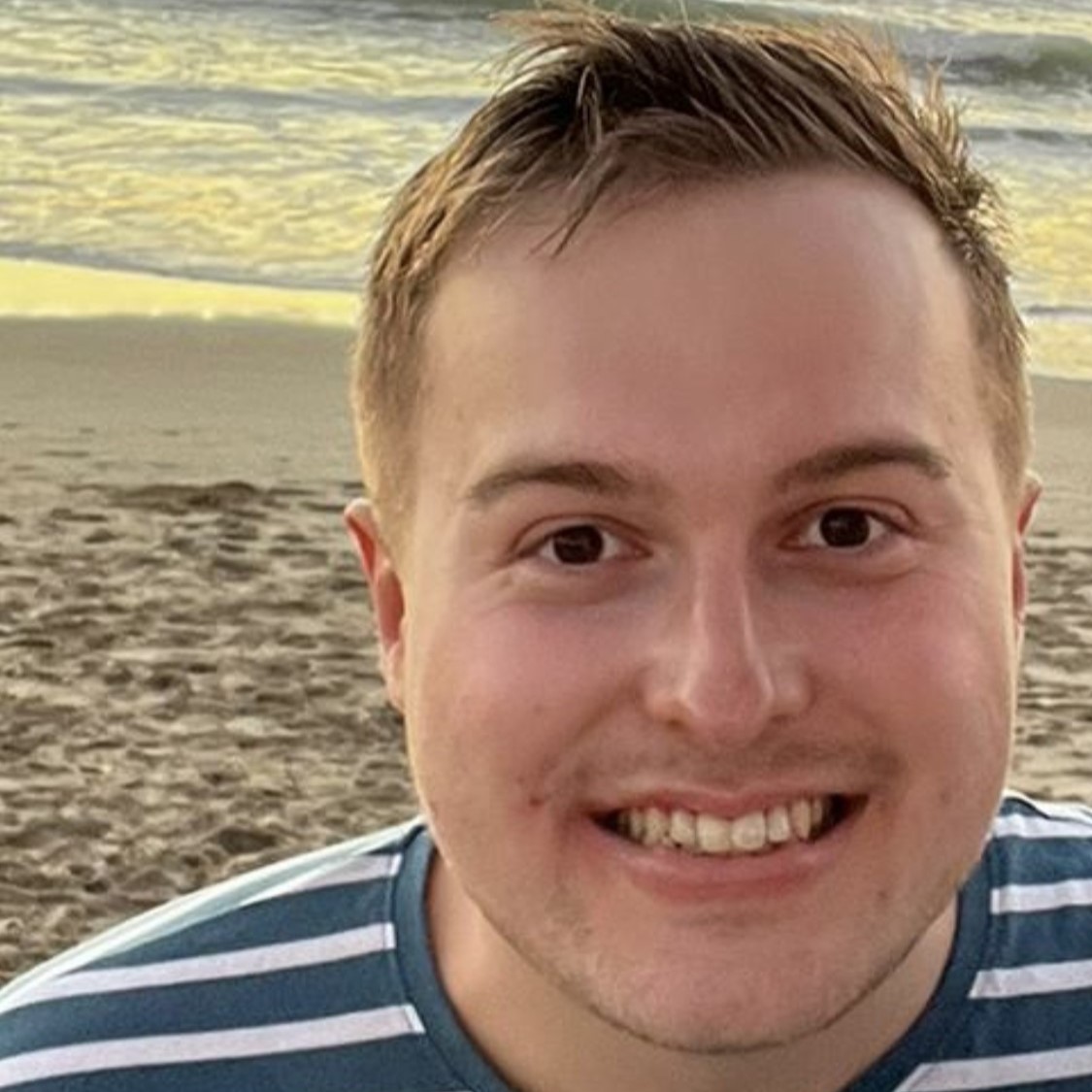I turned 30 this March. Eight days later I was diagnosed with Autism Spectrum Disorder (ASD). I’d had suspicions of being on the spectrum for several years. I thrive on routines and struggle if plans change last minute. I also have a few sensory aversions, struggle to tolerate heat, and feel extremely uncomfortable with giving eye contact to even close family and friends. But with this, some things come in handy. My pattern recognition and memory have always been a strong point, and this means I picked up running a warfarin clinic faster than lots of my peers did. I struggle to understand people’s emotions, but my memory has also given me a good ‘logical empathy,’ which means I’m able to support colleagues and friends through difficult times without becoming distressed in the process.
It was only during the adoption process when I began reading up lots on making adjustments for children with additional needs that I thought ‘how could I do this for a child without doing this for myself first?’ It was because of this that I pursued an official diagnosis. Everyone’s diagnosis experience can be different, but mine involved several sessions with a clinical psychologist on Microsoft Teams over the course of a day. It was a very tiring day as I had to speak lots about every aspect of my life and by the end of the day, I was flat out. However, the psychologist was very kind and supportive, and by the time she finished the day, she announced that my diagnostic outcome was indeed ASD. I felt a sense of relief about this, as I felt vindicated in my understanding of myself and felt more prepared in how I could be kinder to myself.
I told my employer about my diagnosis, and they were supportive about referring me to occupational health to get reasonable adjustments made. This referral is pending, but knowing I have the support of my managers regarding this has really helped me feel secure and valued at work.
As an LGBT+ person with ASD, these factors of mine haven’t existed solely in silos. For example, I’ve never really been bothered about gay clubs. I appreciate their relevance in queer history and the community, as well as the joy they’ve given many people. However, I’ve found the loud noise and lights far too overstimulating to enjoy the experience. There are obviously some great alternatives out there that enable LGBT+ people to feel a sense of community – I for one had a great time marching at Manchester Pride with the PDA last year and I am desperate to do it again this year. I will also never turn down going to a drag show! But alternatives for LGBT+ people who maybe can’t or don’t drink alcohol, or who have sensory processing issues, can be difficult to access.
There has also been lots of space dedicated to a vocal minority of anti-transgender individuals, claiming that the transgender community is somehow convincing gay and autistic children to transition, and that the transgender identity is a sort of back-door conversion therapy for gay and autistic people. This is a talking point that has been parroted by several notable individuals in the UK and as someone from both these groups, I feel it is a duty for me to strongly refute these arguments, as in my opinion they are harmful, offensive, and often made in bad faith.
For anyone curious to find out more about ASD, I’d recommend the National Autistic Society who are a real fount of knowledge on the topic, which has been helpful for me. In addition, there is of course the PDA Ability and LGBT+ Networks, which are active communities for pharmacists to discuss these issues further with peers.

By Liam Volk, President of the PDA LGBT+ Network
Get involved
- Follow the PDA LGBT+ Network on social media using the hashtag #PDAlgbt
- For more information about the PDA LGBT+ Network, click here.
- If you would like to get involved with the network and its activities, please email: lgbt@the-pda.org
Latest news
- National Autistic Society
- PDA Ability Network produces factsheet supporting those accessing reasonable adjustments
- A PDA member shares their story: Living and working with autism
- Autism Awareness Week (29 March – 4 April)
Not yet a PDA member?
If you have not yet joined the PDA, we encourage you to join today and ask your colleagues to do the same.
Membership is FREE to pharmacy students, trainee pharmacists, and for the first three months of being newly qualified.
Read about our key member benefits here.